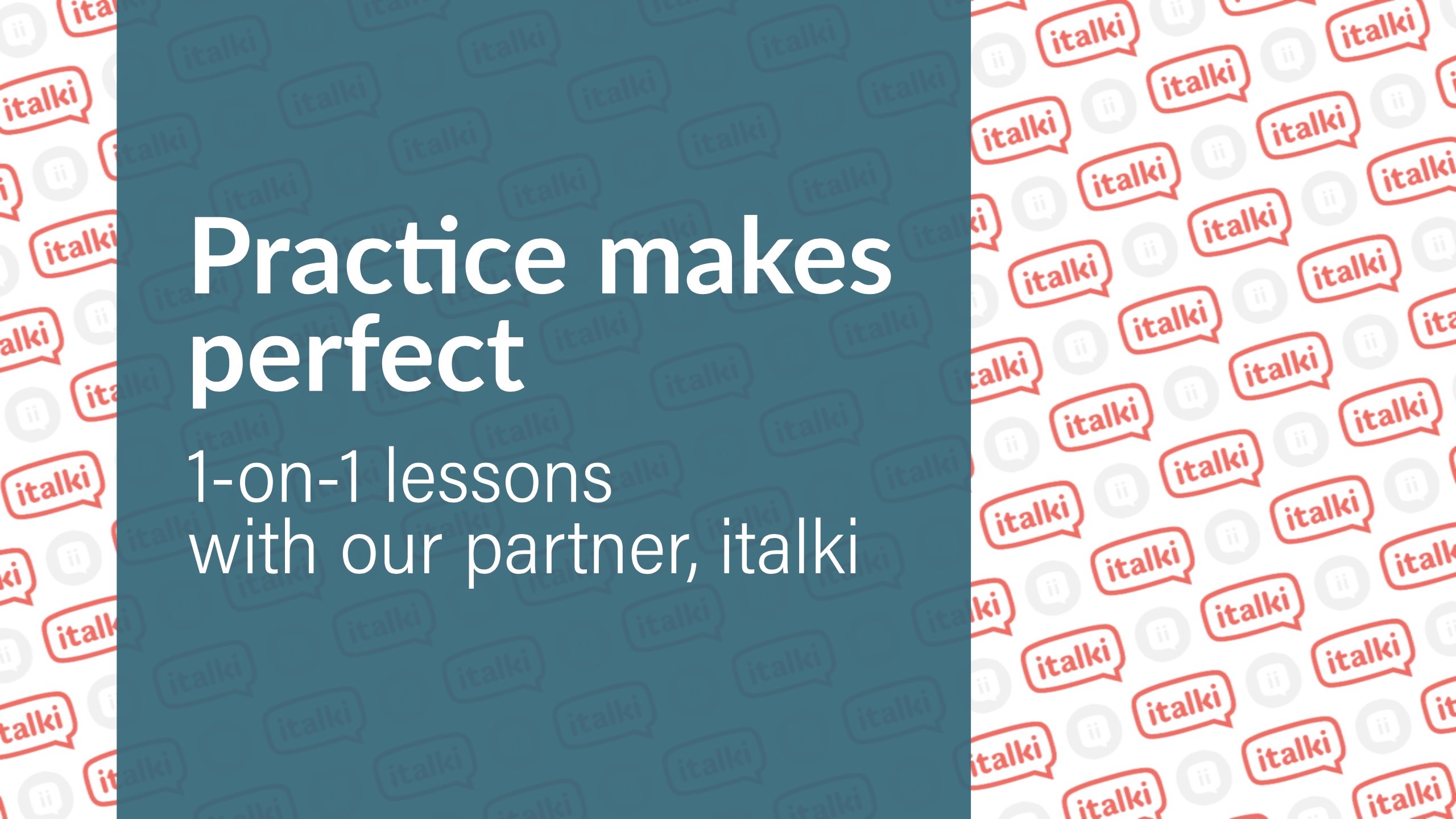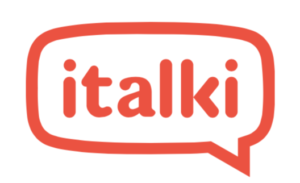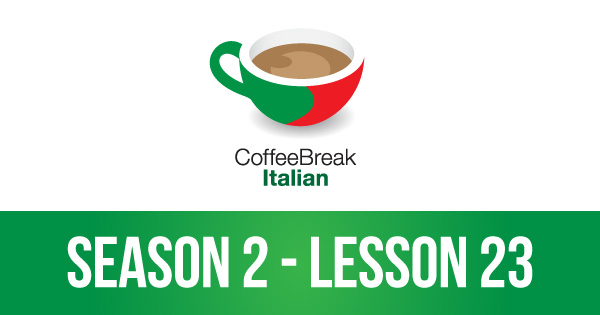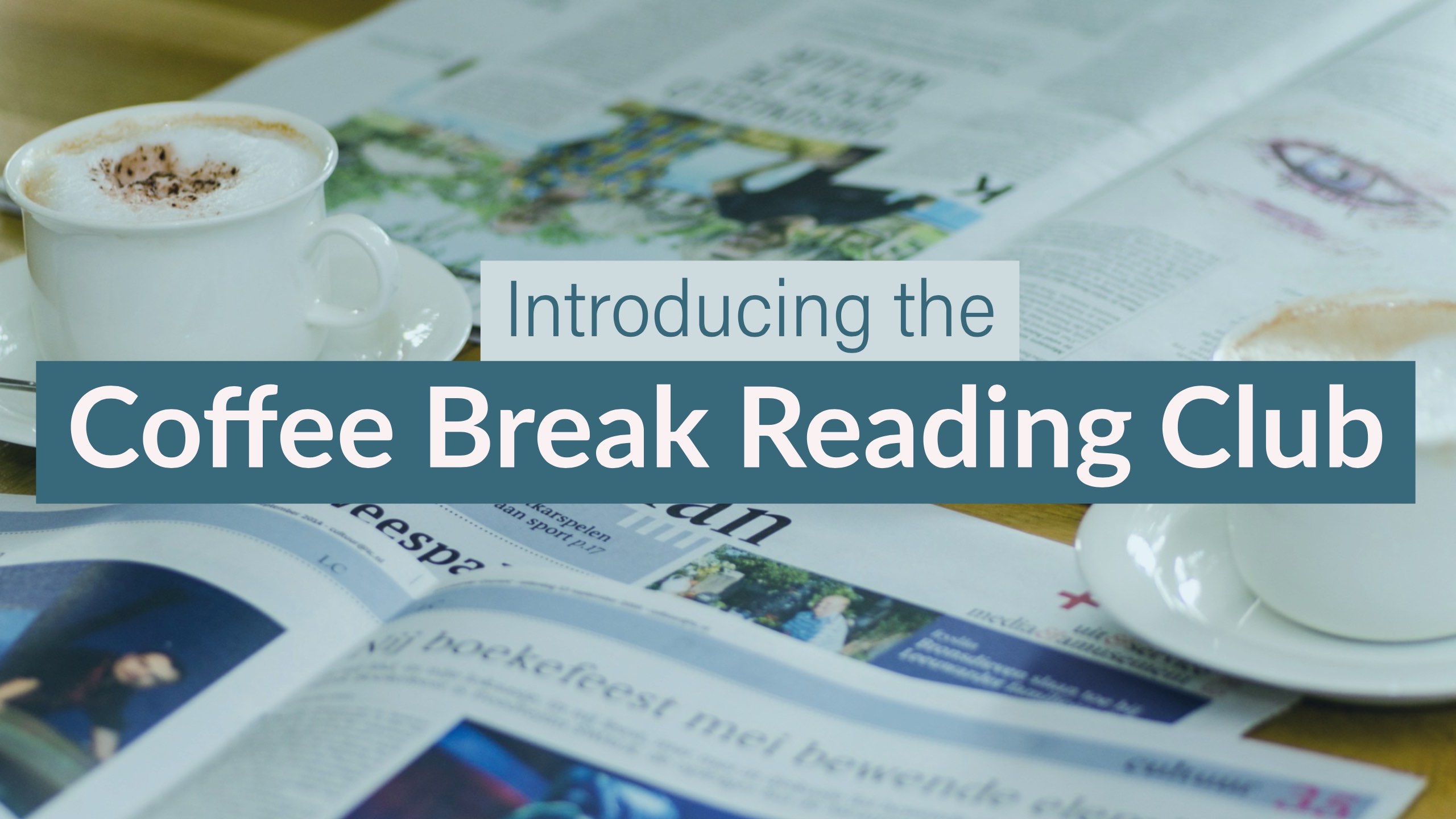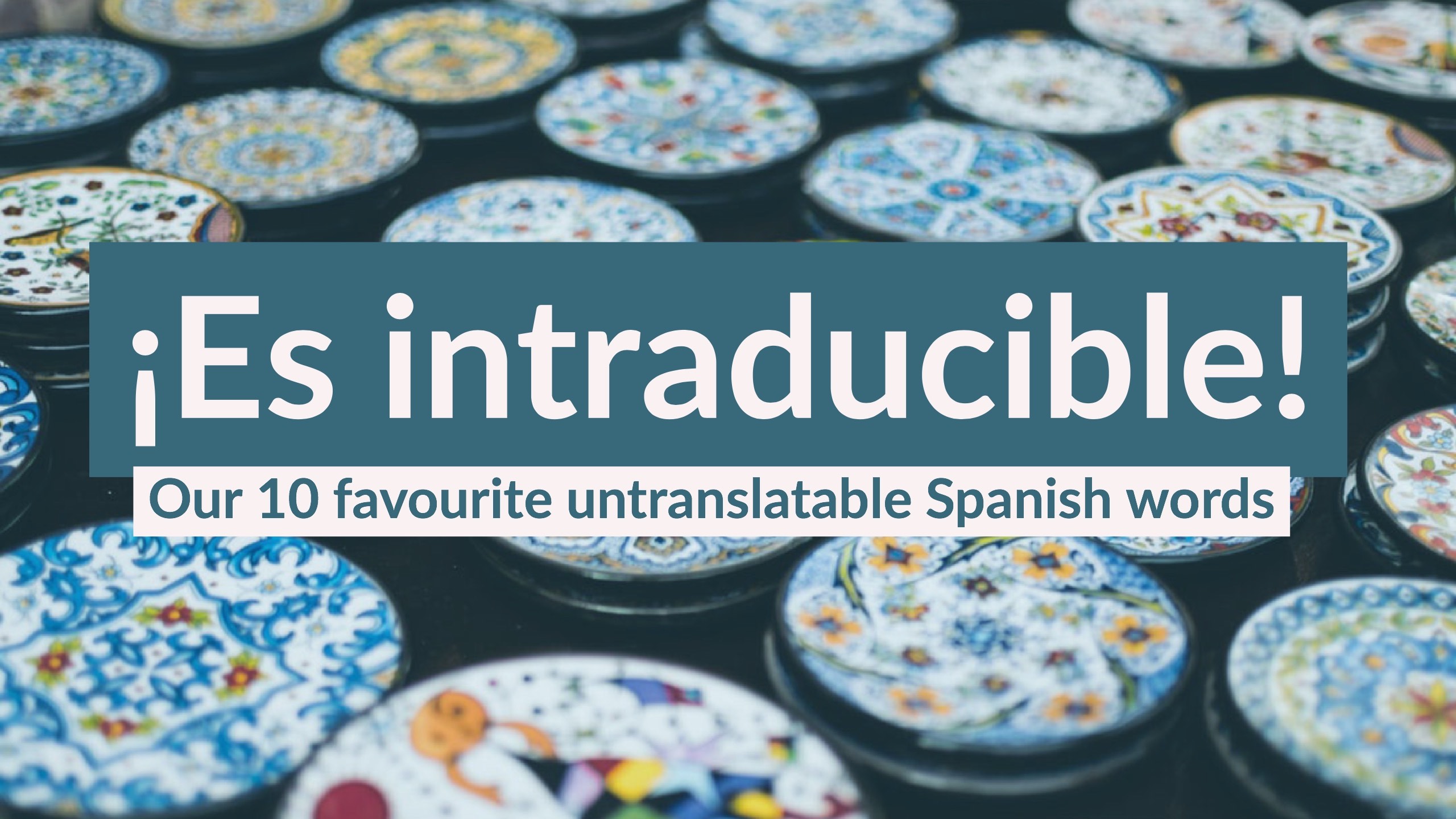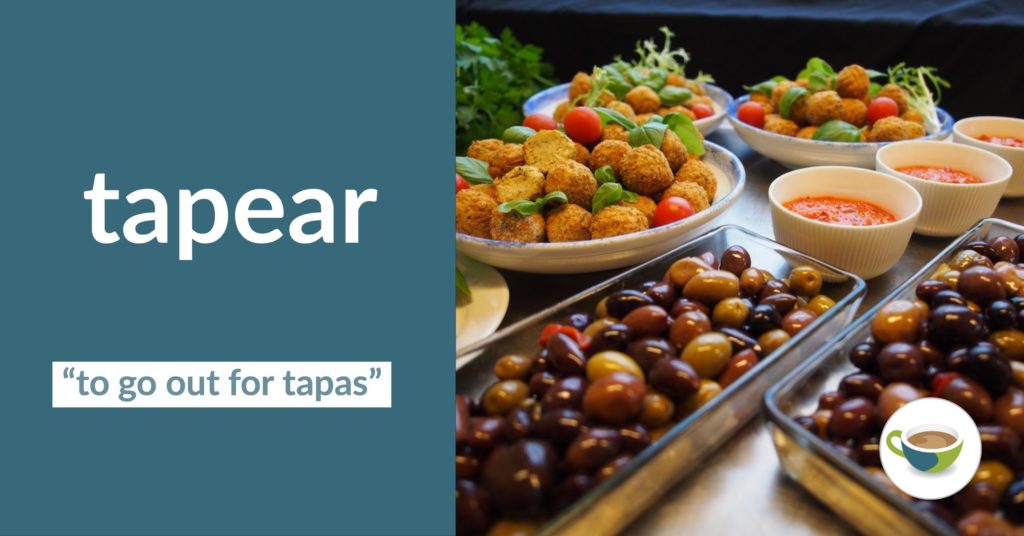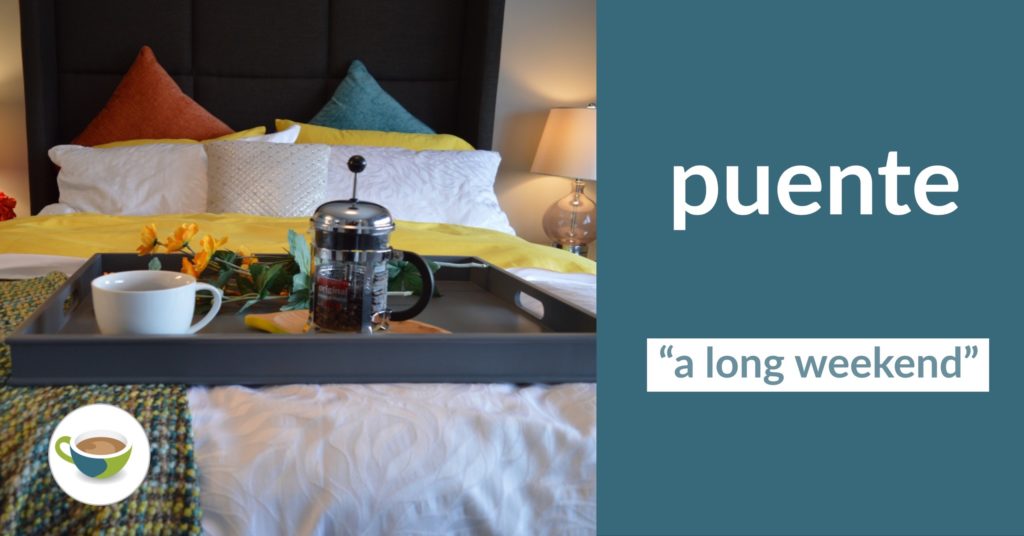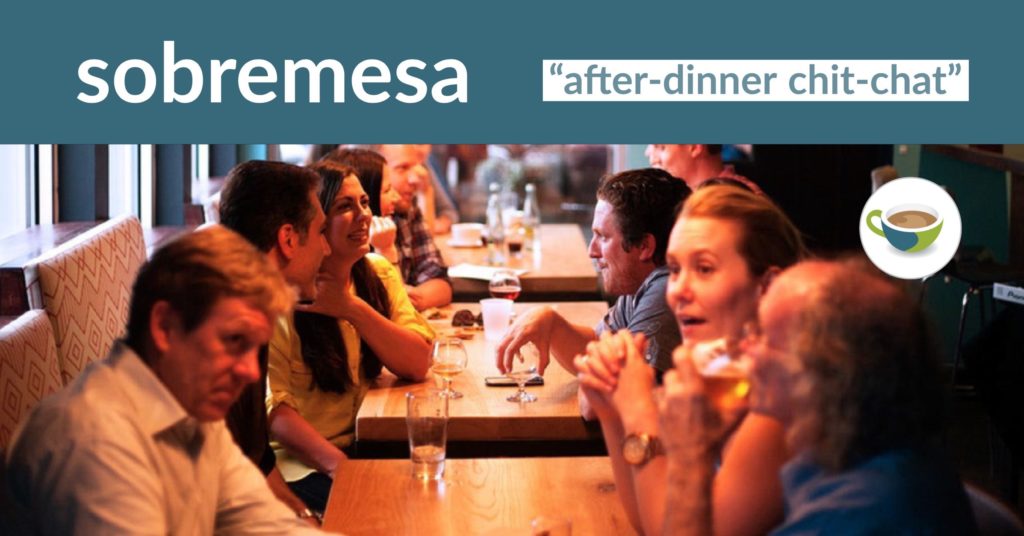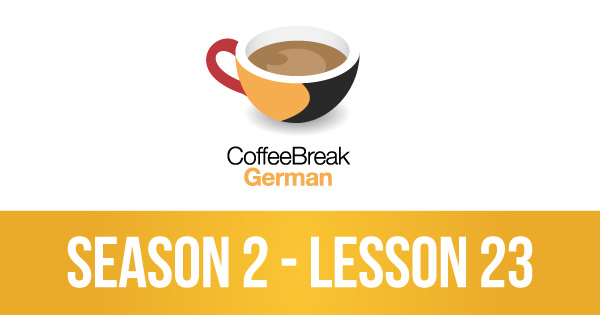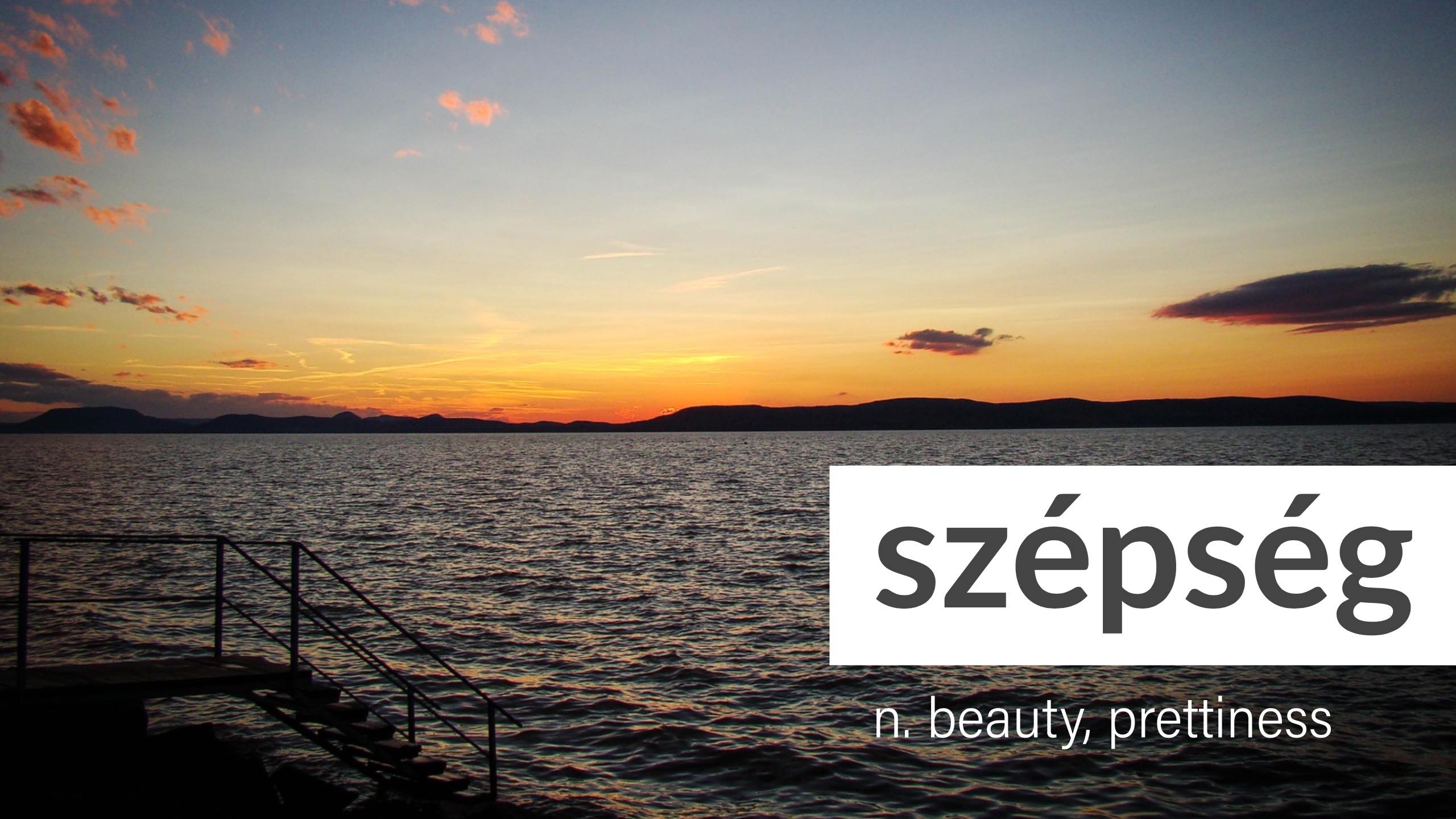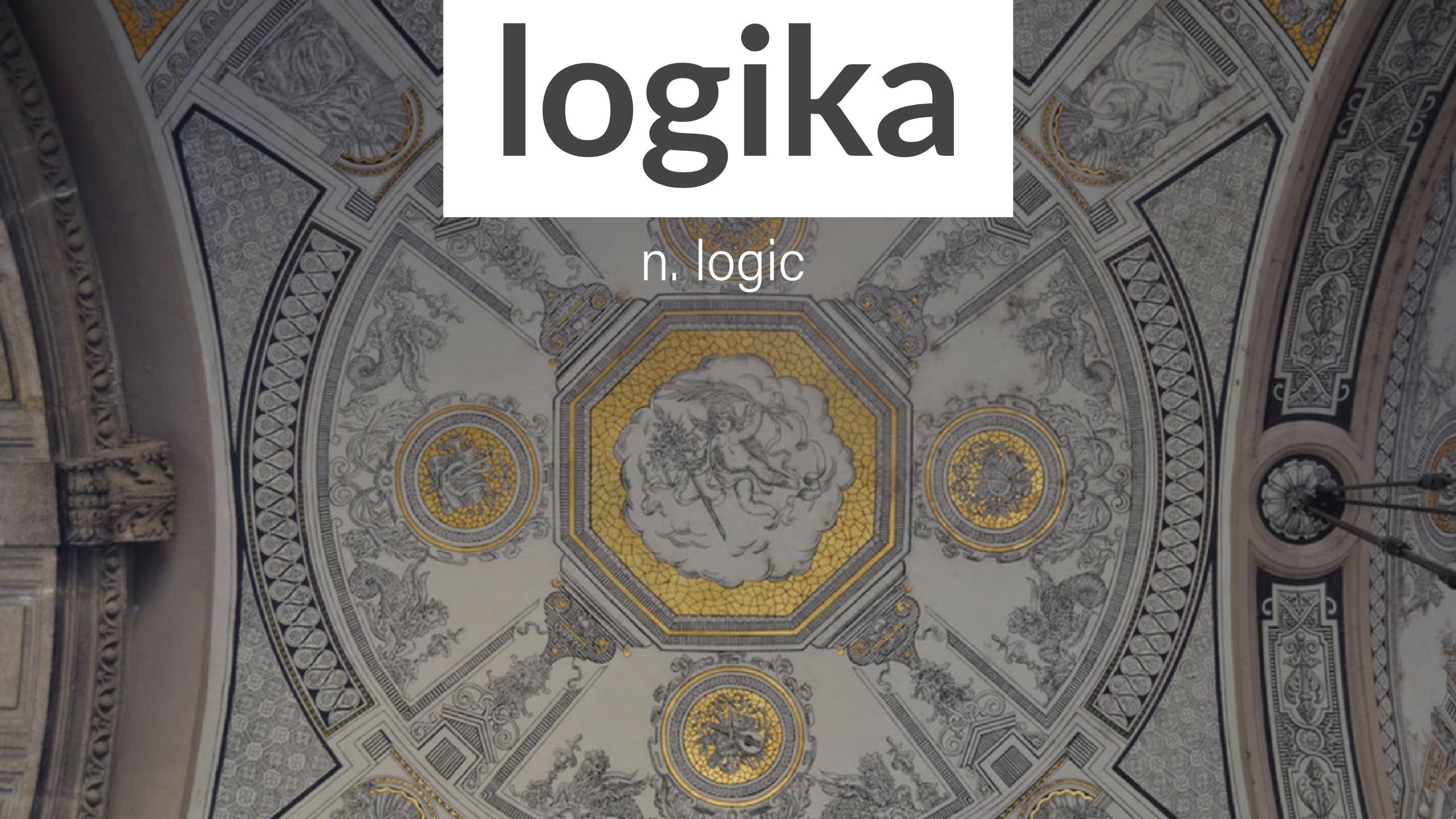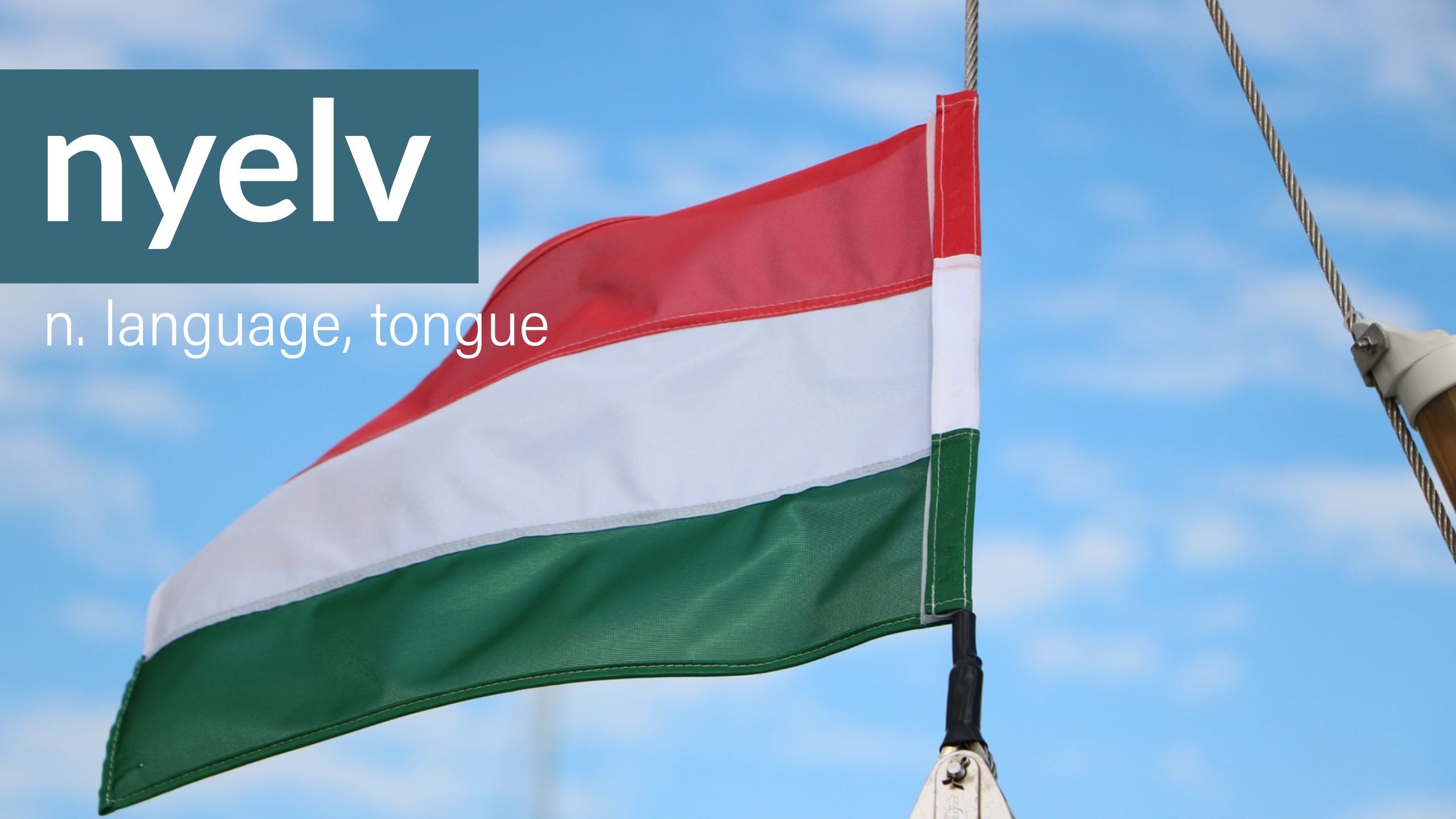 Ciao, I’m Francesca and I’m one of the Coffee Break Italian podcast co-hosts. I joined Radio Lingua in 2014 when I witnessed the birth of Coffee Break Italian and since then I have been involved in so many other exciting projects! I have also been teaching Italian for more than a decade at university in beautiful Scotland. I’m so lucky to have jobs I’m very passionate about!
Ciao, I’m Francesca and I’m one of the Coffee Break Italian podcast co-hosts. I joined Radio Lingua in 2014 when I witnessed the birth of Coffee Break Italian and since then I have been involved in so many other exciting projects! I have also been teaching Italian for more than a decade at university in beautiful Scotland. I’m so lucky to have jobs I’m very passionate about!
What is your role in Coffee Break?
My role is varied as I am not only the Italian voice you hear in the podcast, but I also deal with the design of course outlines and content. In other words, I’m responsible for deciding which grammar points, vocabulary and communicative aspects are included in each episode of Coffee Break Italian. I also contribute to the creation of all Italian content for CBTV and, when possible, join the Coffee Break team at events where we get to know our listeners in person.
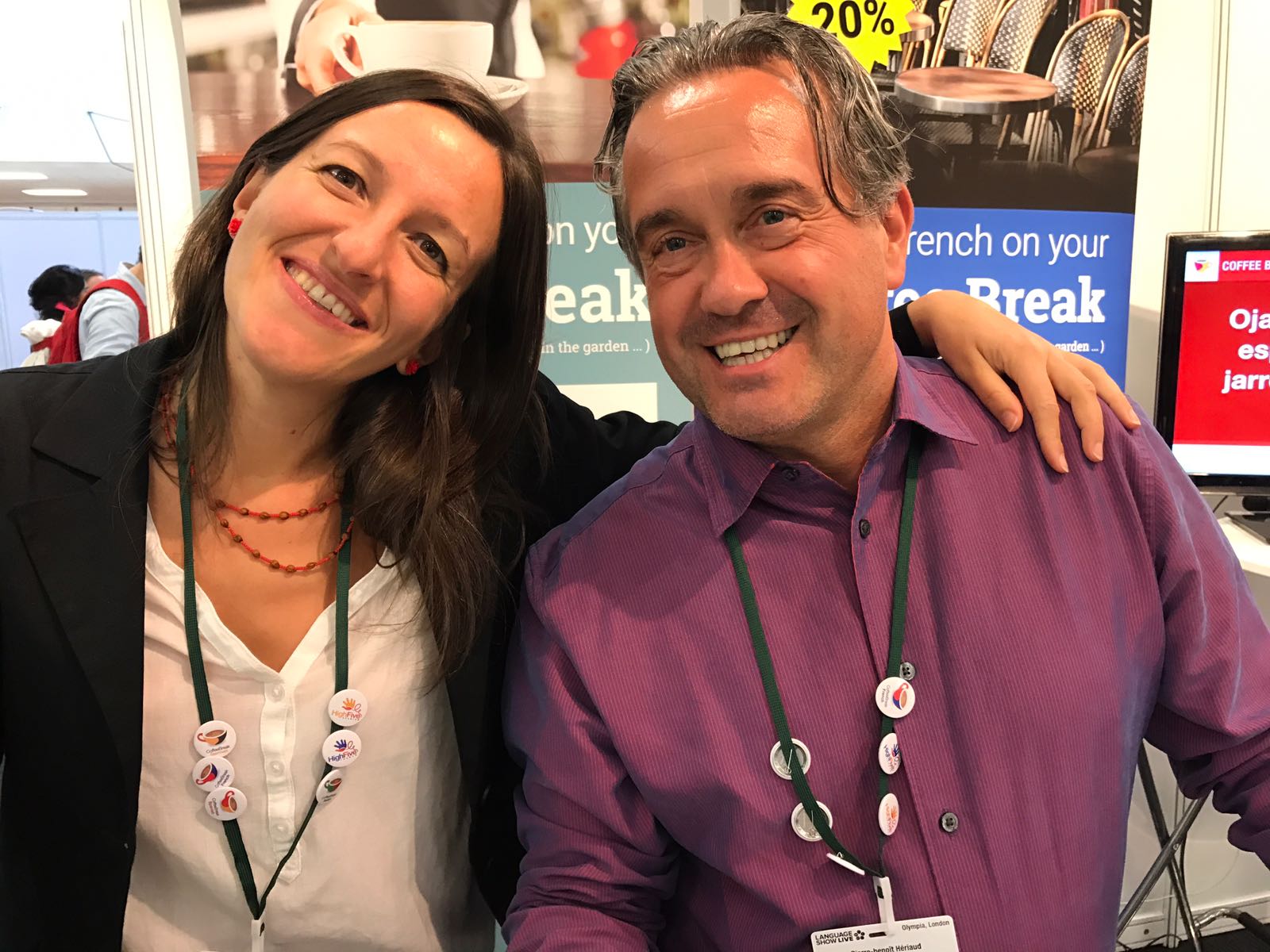
What experience have you had speaking and learning other languages?
I started learning English in Italy when I was about 11 and it was love at first sight! I think it provided me with a different way of looking at the world, so I decided that I would never abandon it! When it came to choosing my secondary school, I opted for Liceo Linguistico where, amongst other subjects and English, I learned French, German and Latin. I then studied English and Russian at the University of Trieste, where I specialised in Translation and Interpreting. As part of my degree I was lucky enough to have the opportunity to spend some time abroad: I did my Erasmus year near London and I took part in an exchange programme at the Moscow State Linguistic University. I must say that my love for foreign languages includes my own beautiful native Italian which I have been teaching for years after obtaining a Masters in Teaching Italian as a Foreign Language (DITALS) from the University of Siena. I taught Italian in Kyiv for a year and I have been teaching Italian in Scotland since 2009. I never tire of learning new things about languages and I try to keep actively using the languages I know, including the recently added Spanish and my dialect, Piedmontese!
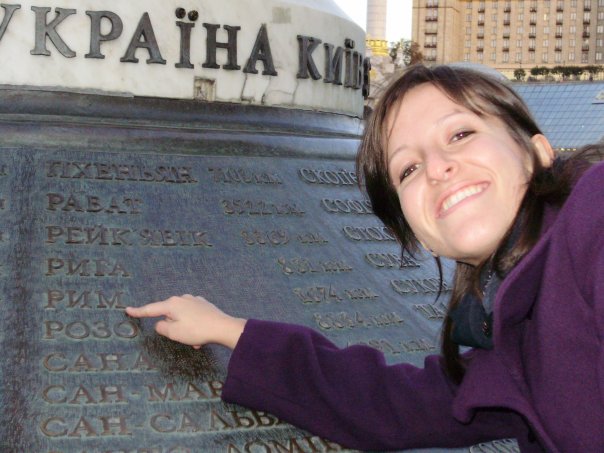
What are your favourite memories of working with Coffee Break?
I have so many nice memories with the lovely people at Coffee Break Languages, but two in particular are very dear to me. The first one dates back to April 2016 when Mark, Katie and I were at Lake Maggiore filming and recording the last ten episodes of Season 1 of Coffee Break Italian. One day we decided to visit Pettinengo, the mountain village where I grew up and where all my family still live. We went around interviewing the locals (the pharmacist, the barista, the owner of the only grocery shop), chatting with familiar faces and visiting my parents. It was very emotional being back home and listening to the tales from the past that everyone had to tell. Despite being away from Pettinengo for so long, on that occasion I felt I belonged there and I could never thank Mark enough for giving me such a privileged way to rediscover my roots! The other special memory is in 2017 when Coffee Break Italian won the British Podcast Award for the category ‘Smartest podcast’! Mark and I attended the event in London and I still remember those never ending seconds prior to the announcement being made! Che emozione!
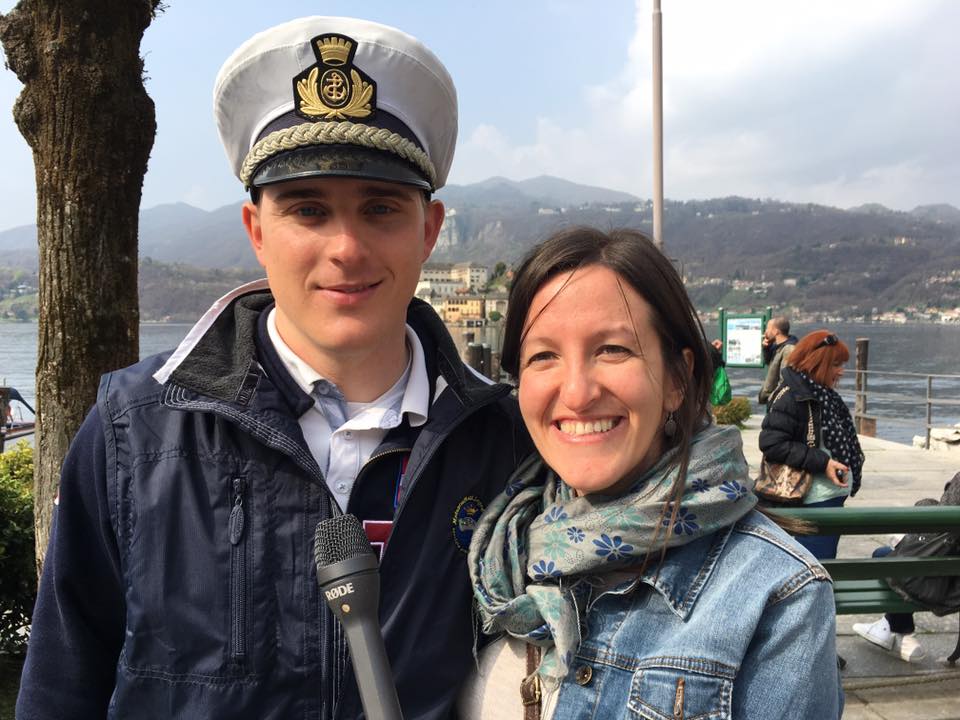
Where would your ideal coffee break be, and with whom?
My ideal coffee break is very simple but very special to me. It’s sitting under the wisteria tree on the terrace back at home in Italy chatting with family and friends in the long summer evenings.
What’s your best language-learning tip?
Language learning must be a pleasure and it only happens when you are enjoying it and you are highly motivated. My tip is try not to be afraid of making mistakes and accept them as part of the learning process. Once you have overcome that barrier, things will get easier. Grab every single opportunity to speak and do something with that language. Don’t leave it in the grammar book! Learning by doing is the best way to put all those hours of study into practice.
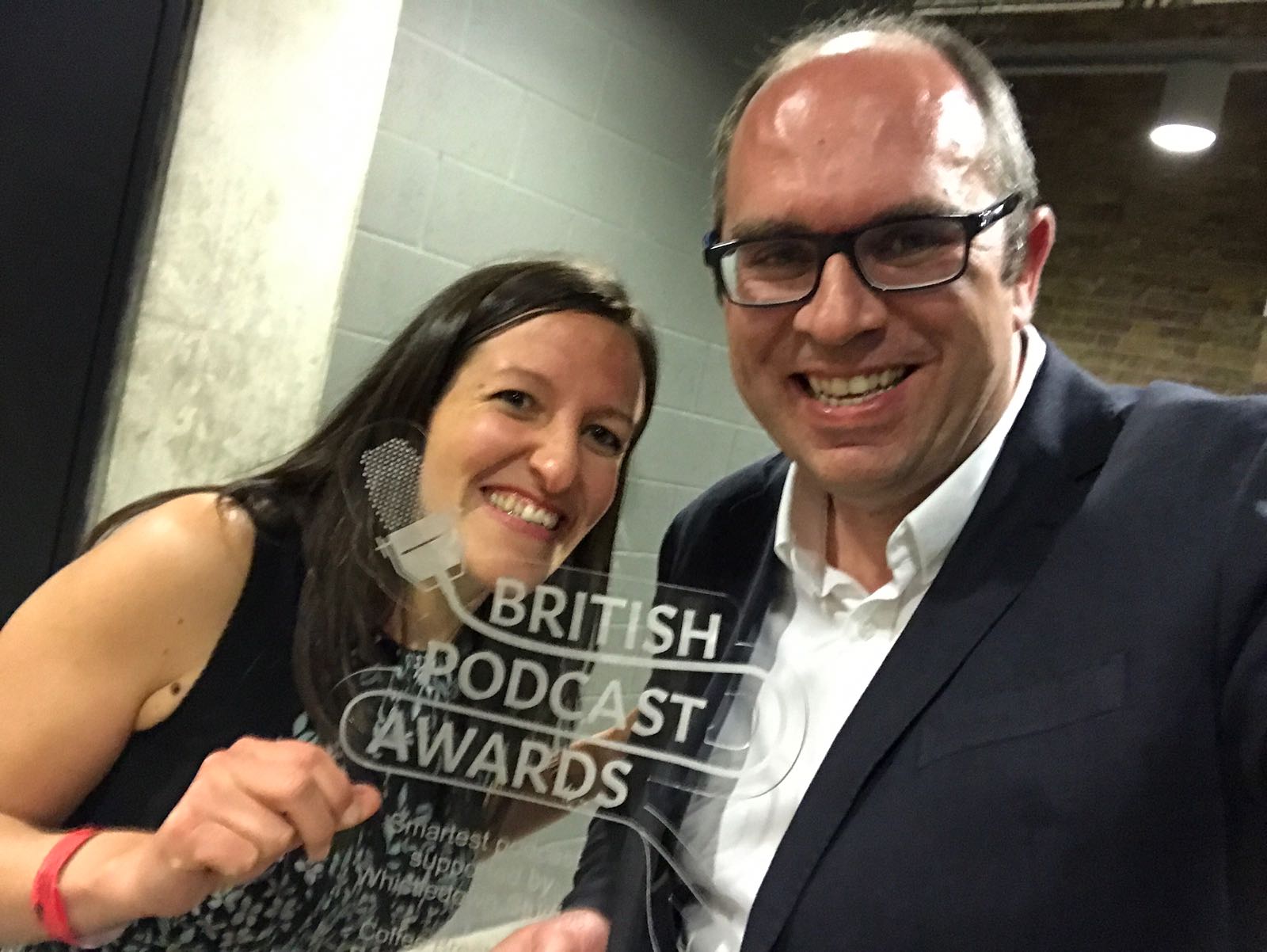
Quick-fire round
- Favourite language: English
- Favourite word/phrases in that language: I have a full list of words and phrases which I love in English. Here are three of my favourite ones:
- Bob’s your uncle!
- Whatever!
- Glaikit (in Scottish!)
- Favourite film: Pane e Tulipani
- Favourite TV show: any cooking programme!
- Favourite book: La casa de los espíritus by Isabel Allende
- Favourite singer: Belle and Sebastian
- Favourite destination: I don’t have a favourite destination, but that magic of abandoning mainland to reach Venice by train is unbeatable
Do you have a message for the Coffee Break community?
If you are reading this page it’s because, like me, you are also a language enthusiast. It’s great to see that the world is not monolingual and hopefully more multilingual people will contribute to making this planet a better place where we can all learn from one another and understand each other better!

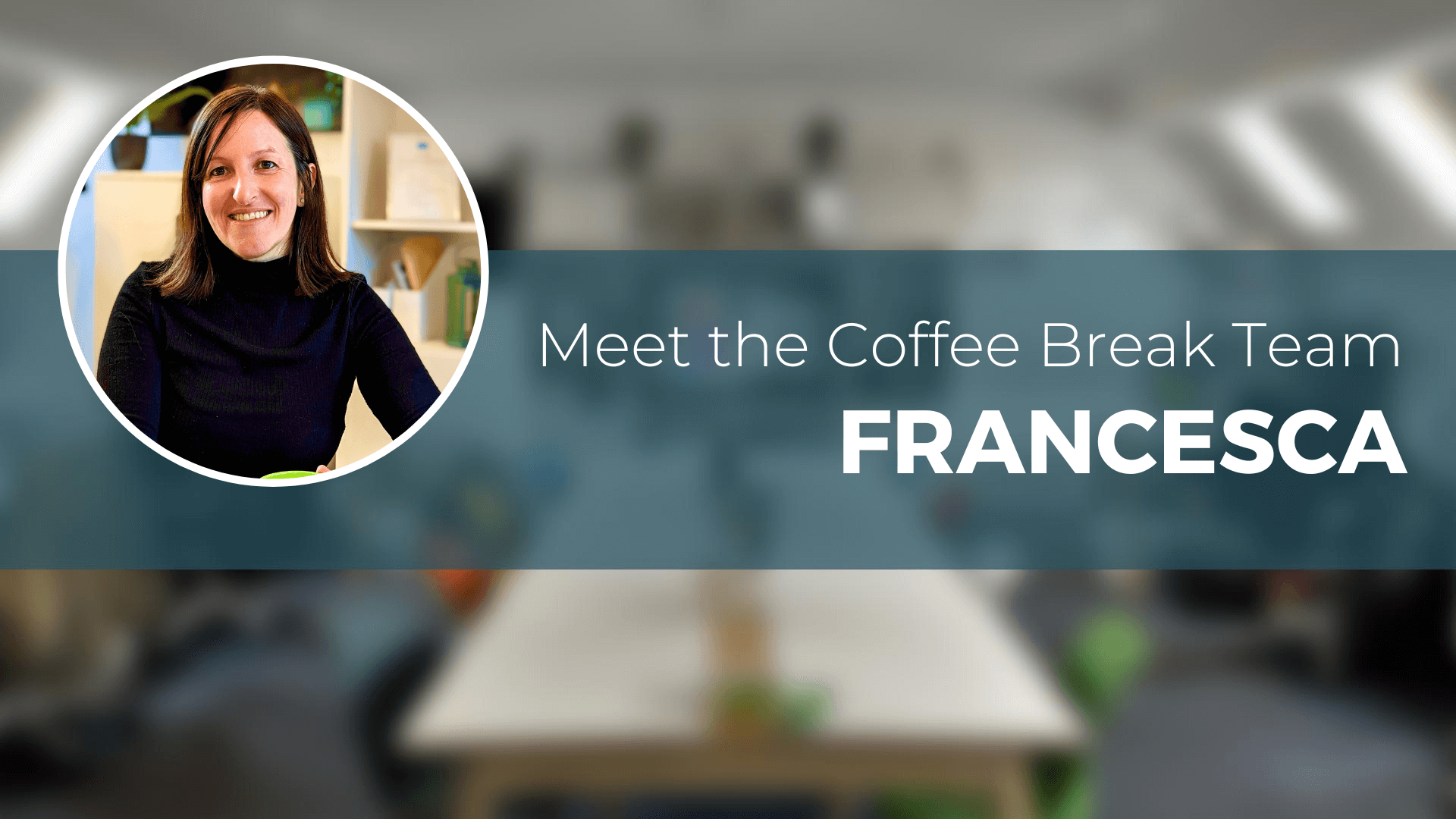
 Ciao, I’m Francesca and I’m one of the Coffee Break Italian podcast co-hosts. I joined Radio Lingua in 2014 when I witnessed the birth of
Ciao, I’m Francesca and I’m one of the Coffee Break Italian podcast co-hosts. I joined Radio Lingua in 2014 when I witnessed the birth of 

